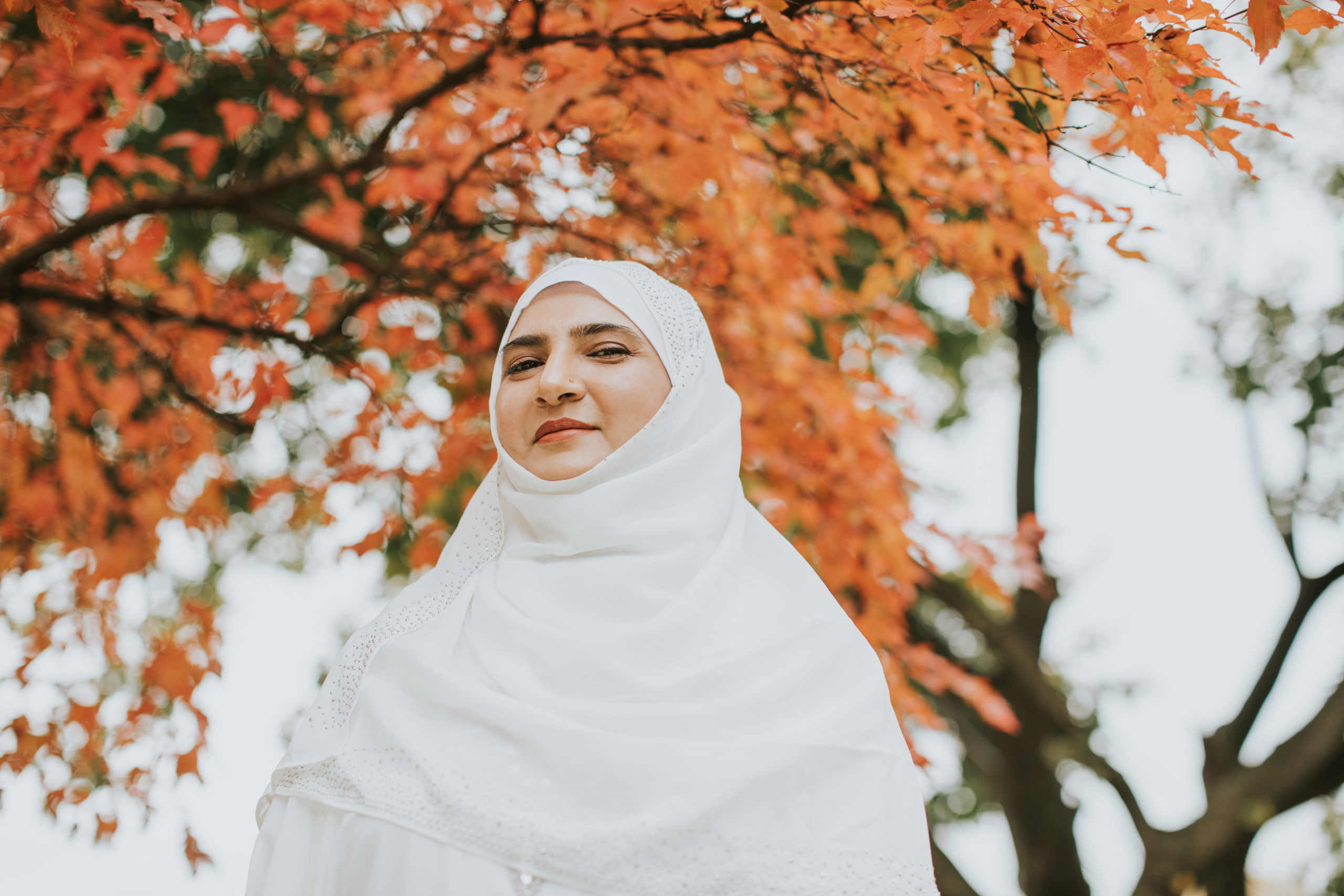
A poet in both words and actions
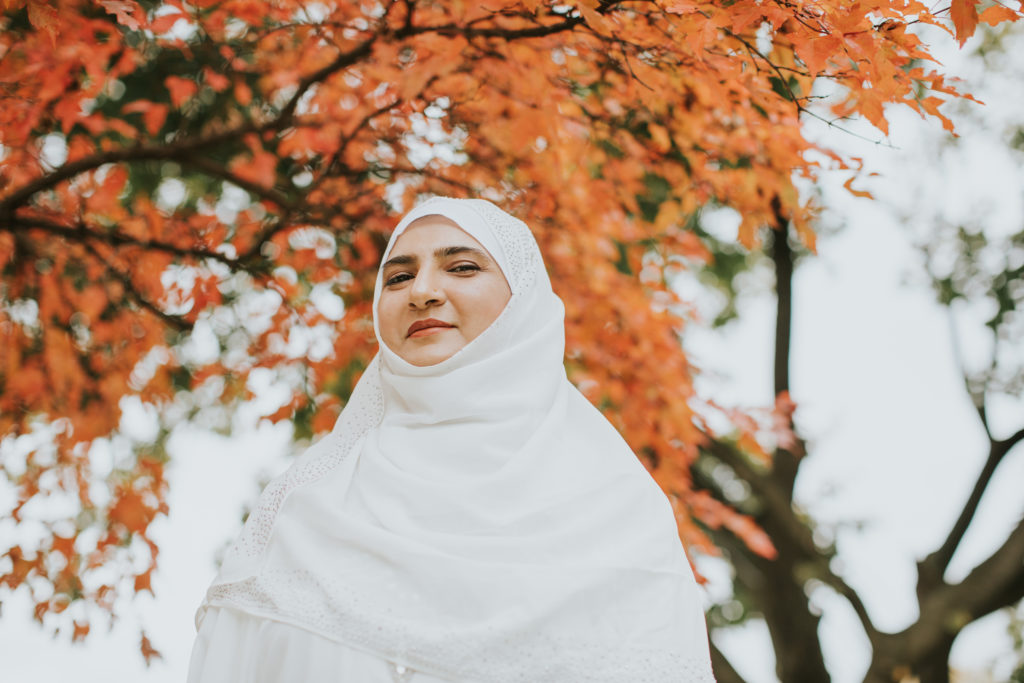
Nazish welcomes me to her apartment with a kind smile, a quiet voice, and welcoming hospitality. Within minutes we are talking about things that really matter in life; culture, education, faith, politics, trauma, and family. Her reserved and calm demeanor remains even as she shares deeply personal stories from her life and it is clear that her wisdom has been hard fought through living though deep pain and intense joy. I had heard her poetry months earlier and the words came back to me as she spoke to me on her couch as we both sipped tea.
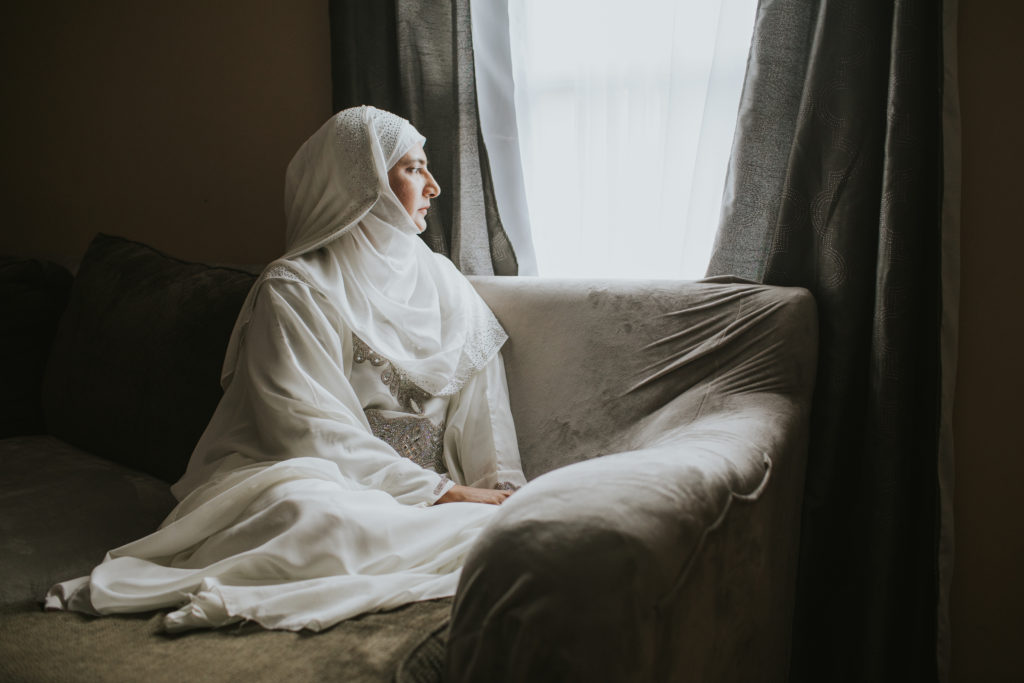
She is truly a poet even in her second language and she weaves words so deliberately as she shares parts of her story. I was invited to her home through my ongoing work with World Relief Dupage Aurora because Nazish is bravely sharing more about her journey for healing and peace and is ready to speak out. Our 30 minute session soon turned into 3 hours and sharing stories and building the beginnings of a friendship I hope continues. My life is richer having been invited into her home and her life. Learn more of her story over at World Relief including some of her moving poetry.
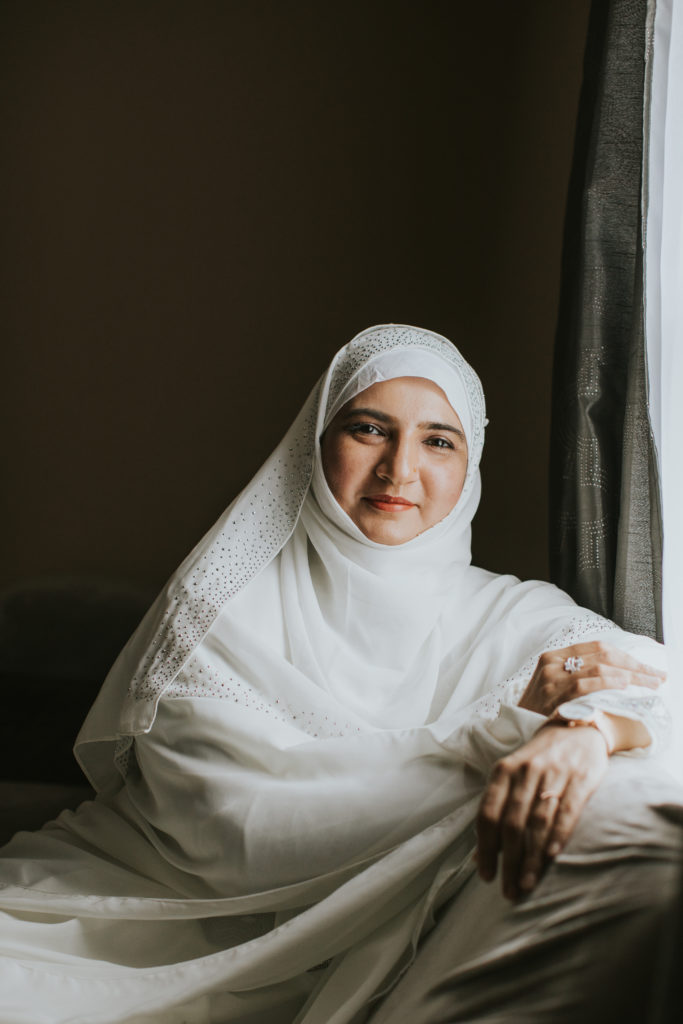
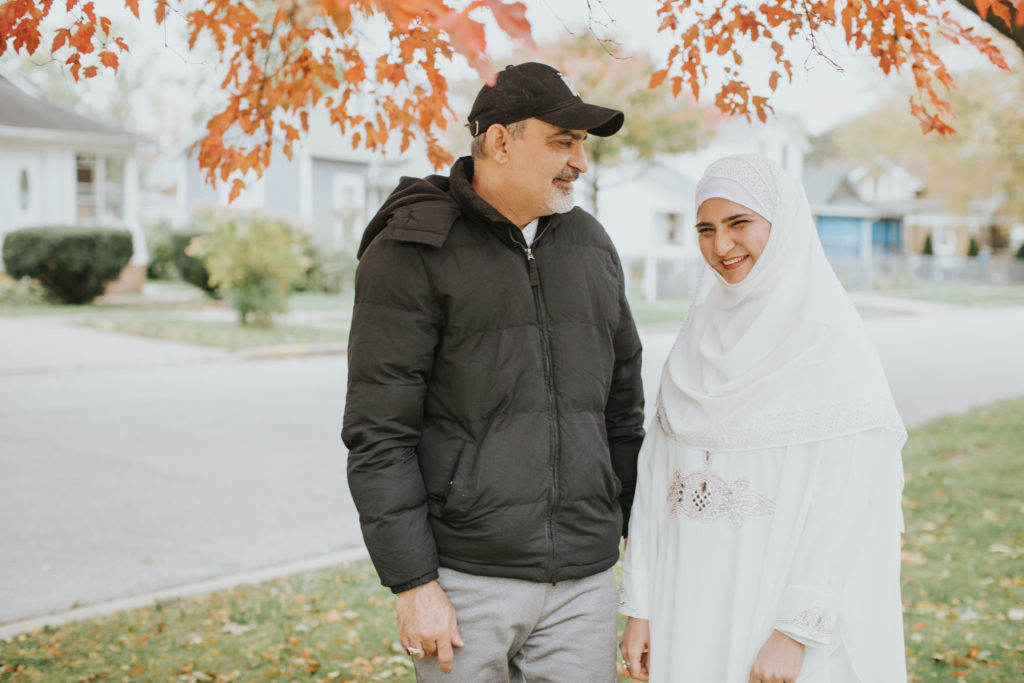

Nazish recently shared some of her with a local 7th Graders who had been reading the book Refugee.
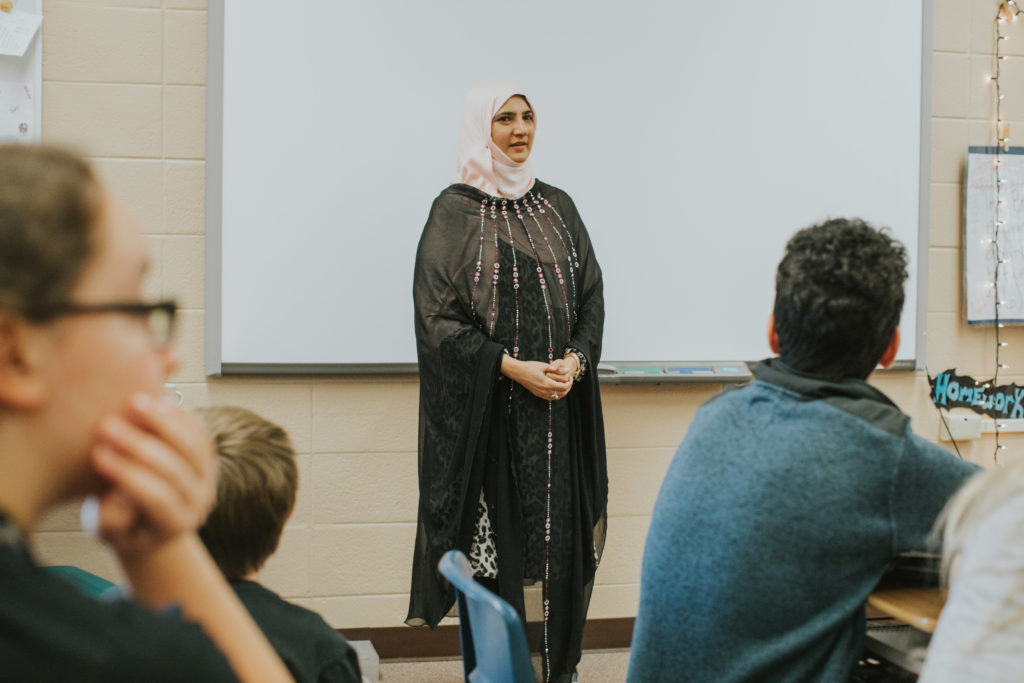
“Having Mrs. Koba was very enlightening and was a fun way to learn, though her experiences were quite sad. It wasn’t like a normal day at school because we had to plan our questions beforehand. Since we did get to plan, our class got to ask good questions and really have a deep conversation.” Dasha S., a 7th grader at Westmont Junior High School shared about a recent day in Literacy Class that brought experiences the students had only read about into their classroom in a very real way.
7th Graders in Mrs. Poloncsik’s classes at Westmont Junior High School have been immersing themselves in the narratives of refugees from different periods in history through reading the book Refugee by Alan Gratz. The book follows the narratives of 3 young people who come from different locations in the world but are united in their forced relocation due to violence or persecution, making them refugees. Joseph is a Jewish boy in 1930s Nazi Germany and with the threat of concentration camps looming he and his family board a ship not knowing what the future will hold. Isabel is a Cuban girl in the1990’s and finds herself in danger when riots and unrest plague her country. She and her family set out on a raft, hoping to find safety and freedom in America. And lastly Mahmoud is a Syrian boy in 2015 with his homeland torn apart by violence and destruction, he and his family begin a long journey toward Europe in hopes of safety.
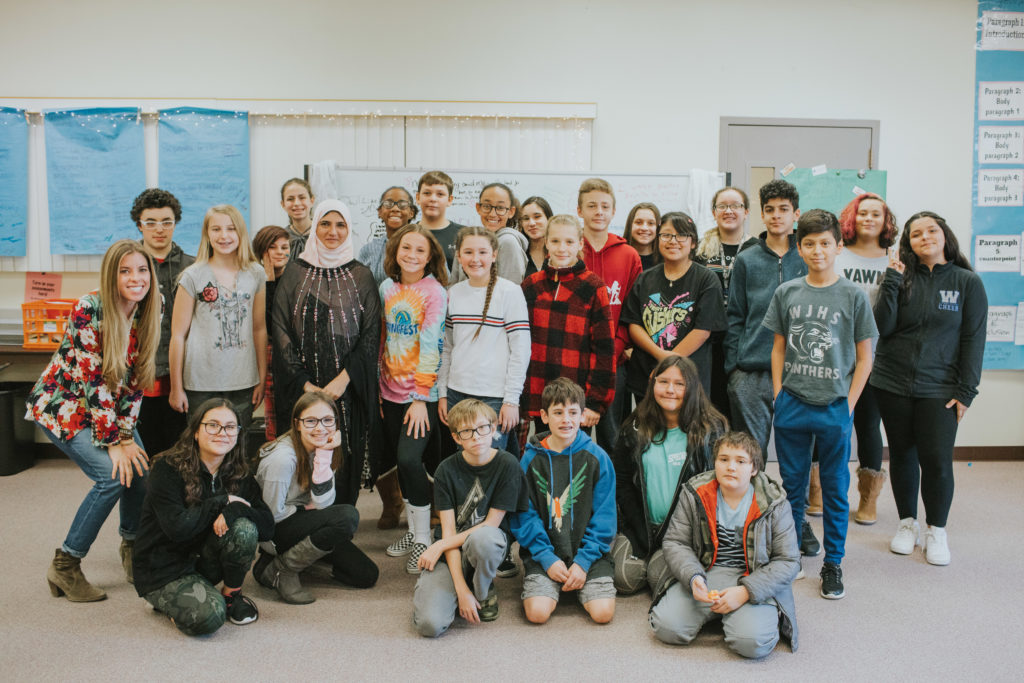
As the students read the novel, they wrestled through trying to understand the varying historical contexts and what it would mean to leave home. Students learned about the UNHCR and the process for gaining “refugee status” as well as several historical changes to the laws since the Refugee Act of 1980 that allowed for a systemic process by which persons with refugee designations are admitted to a country of resettlement. Mrs. Poloncsik sought to take their learning and research to another level and invited a guest who has herself been forced to flee her homeland of Pakistan as a refugee to share parts of her story. Explains teacher Mrs. Poloncsik, “Bringing this opportunity to our room was really eye-opening for my students. We enjoyed learning from an expert who truly knew what the characters in our novel had navigated.”
Nazish came in to share vulnerably some of her experiences as she was forced to flee her homeland and the process of coming to resettle in America. Nazish is a poet in every sense of the word even in her second language and she weaved words so deliberately as she shared parts of her story with the students. Her reserved and calm demeanor remained even as she shared deeply personal stories from her life and it is clear that her wisdom has been hard fought through living though deep pain and intense joy. Nazish bravely shared more about her journey for healing and peace after being in the United States for less than a year and reflecting on her life. Students had prepared thoughtful questions to ask her about her experiences after reading an article published by World Relief in which Nazish opened up about the mental health challenges she has faced after experiencing so many devastating times in her life. She discussed the services she has participated in and how she also writes poetry to express herself. WJHS has a partnership with Hope for Day, an organization that provides mental health education to students and the students made connections around positive mental health and overcoming challenges. They asked questions like “how were you able to remain positive after experiencing so many hard things?” Their curiosity about how Nazish is liking America was evident as well as they inquired about “what foods do you like in America?” and “Do you want to have a pet here?” “Blending Mrs. Engstrom (a parent volunteer) and Mrs. Koba into our learning environment really brings our novel and the issues we’ve been studying to a new level. We are so thankful for the experience to learn and grow with our guests.” said Mrs. Poloncsik.
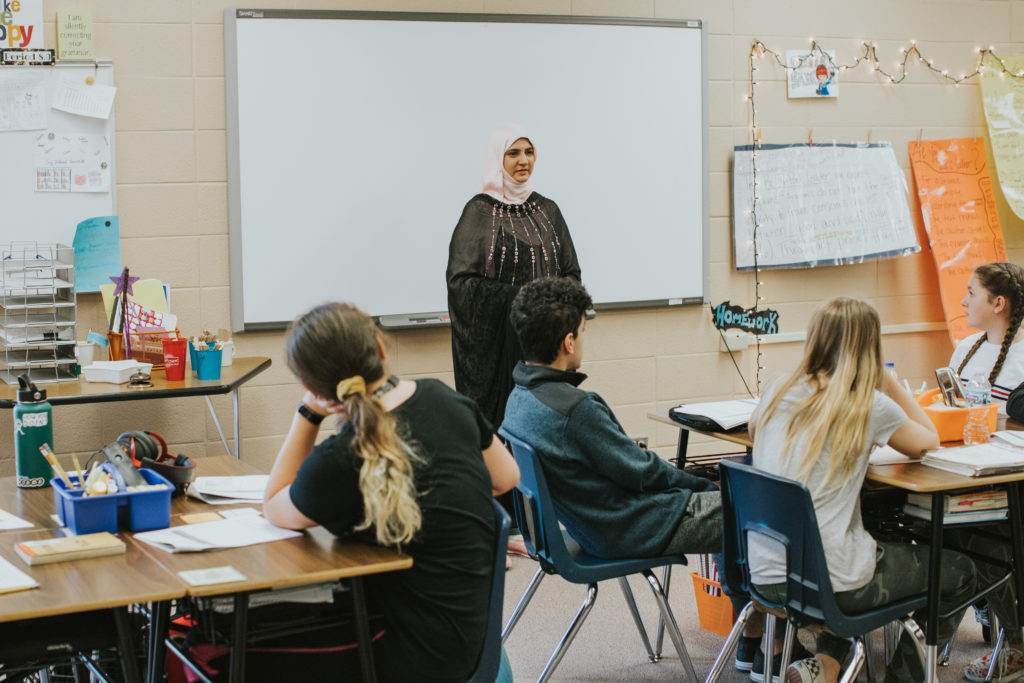
Each classroom had selected a student to give a welcome statement and this meant a lot to Nazish who shared that she felt appreciated during her time at WJHS. To end her time with the students Nazish even read the beginnings of a new poem she is working on called “Refugee” in her heart language of Urdu as a parent volunteer translated into English for the students. Some excerpts from the poem included
“I want to tell you the story of refugees.
They can never truly be youth (in the camps)
There are no kings or queens.
They only get food and water through facing many difficulties.
There are no Muslims, Christians, or Hindus
There is just ONE religion called Humanity and the refugee is the founder.
I want to tell you the story of refugees.
First, they have embraced death and then they meet new life.
I want to tell you the story of refugees.”
After she read her poem the students applauded and thanked her. Mrs. Poloncsik shared, “While reading and writing together is valuable, having a guest educator brings so much more to light. Mrs. Koba bravely shared her insights, which was so magical for these class periods. We learned about her experiences, and how brave people can be.”
Students even shared their learning at home that opened up new conversations within their families as a result of this educational opportunity, “Before meeting her, I never imagined my dad to be a refugee. Having her in class opened my eyes to how many refugees there really are and what was actually going on with my family before they came to America.” Dasha S. shared with her classmates. In our society and schools it can be so difficult to truly teach empathy but these students are learning to listen to someone’s story and be respectfully curious about experiences that are different from their own and that is a lesson that matters. Jeniyah H., 7th grader, shares “My favorite part was her poem, especially the line about humanity.” We all can benefit from listening to each other’s stories and these 7th graders are leading the way.
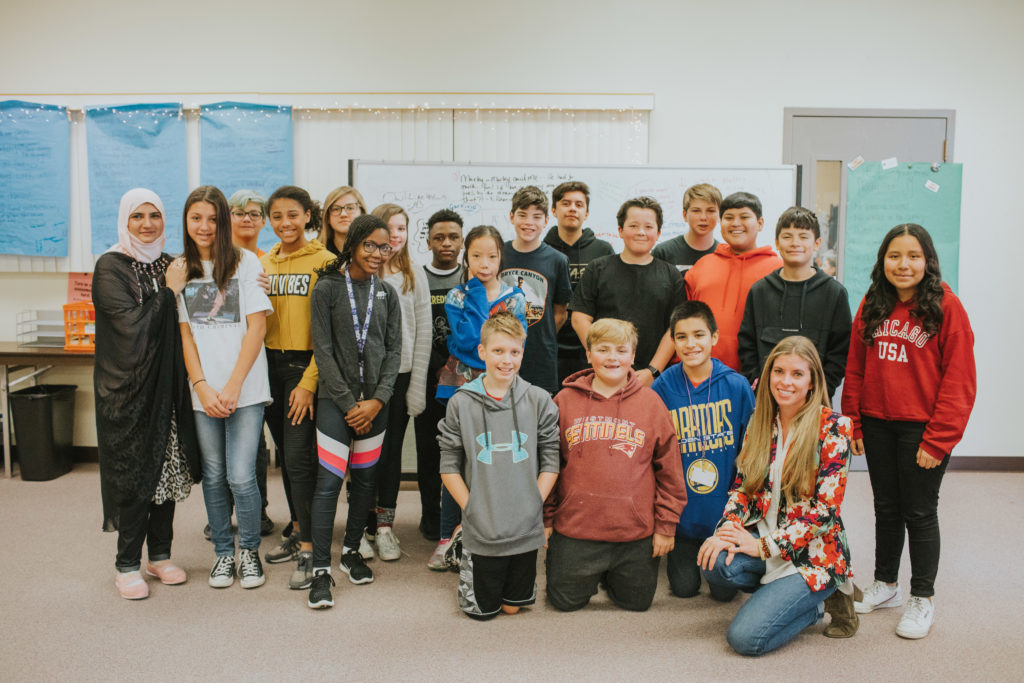
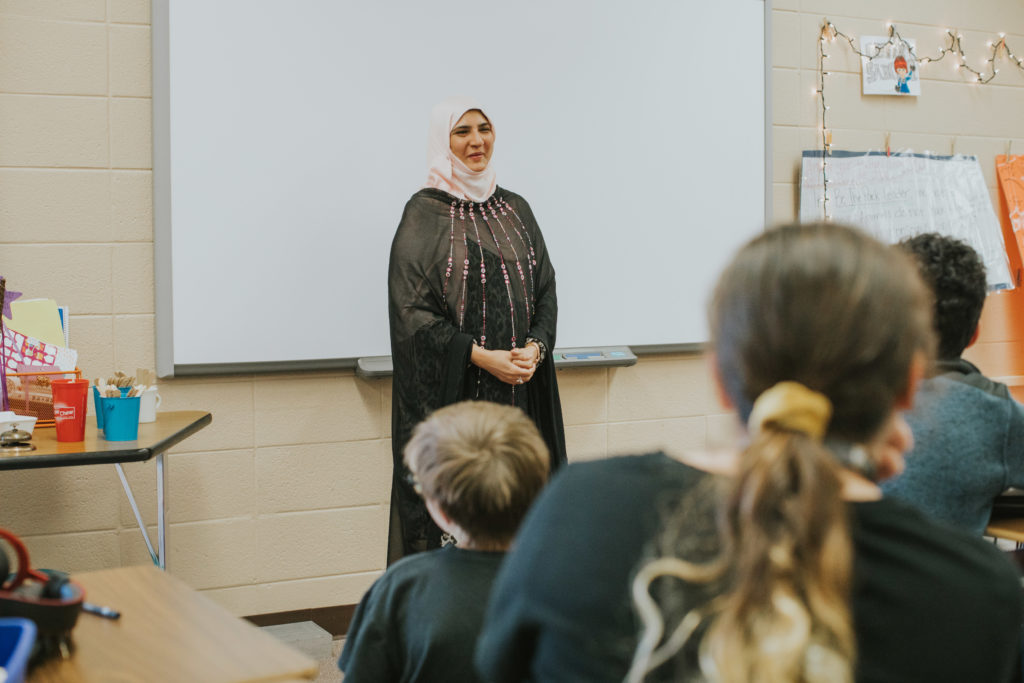
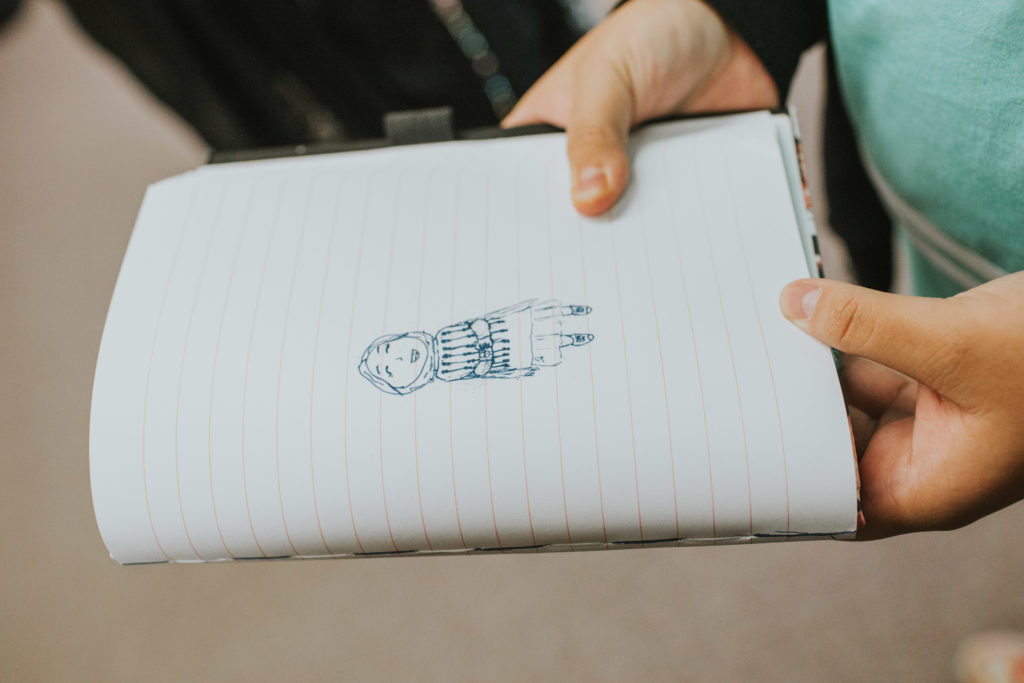
December 4, 2019
Leave a Reply Cancel reply
I’m a visual storyteller photographing emotion, connection, and the beauty in the messy.
I work with families, couples, and bold individuals to tell their stories with heart—
and partner with nonprofits and purpose-driven brands to share their impact with intention, dignity, and excellence.
Brand Photographer & Storyteller | Based in Raleigh, North Carolina
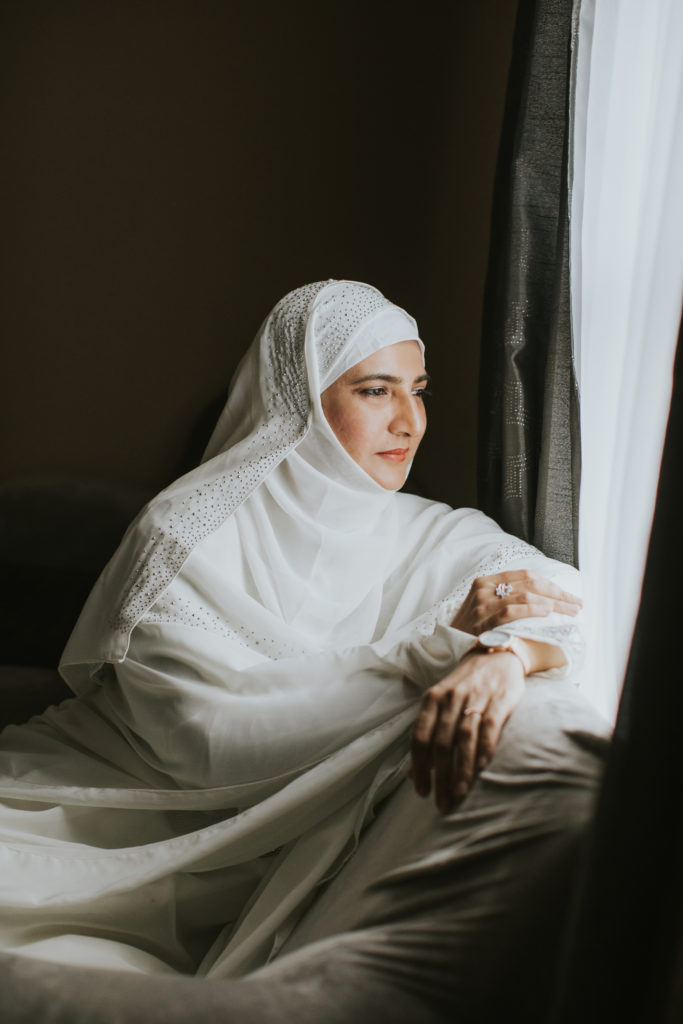
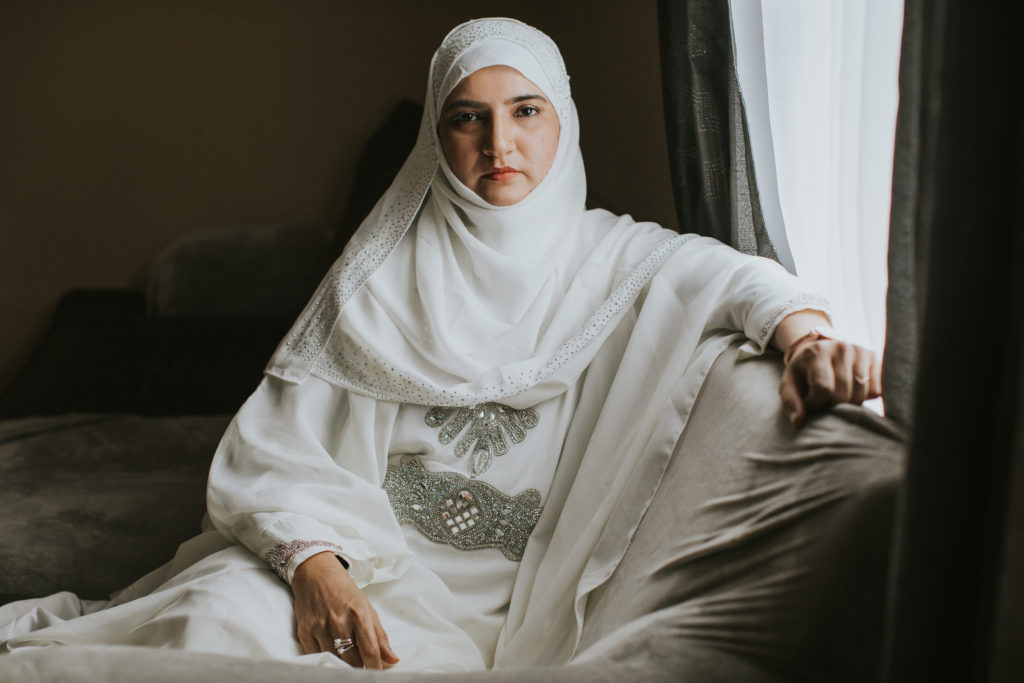
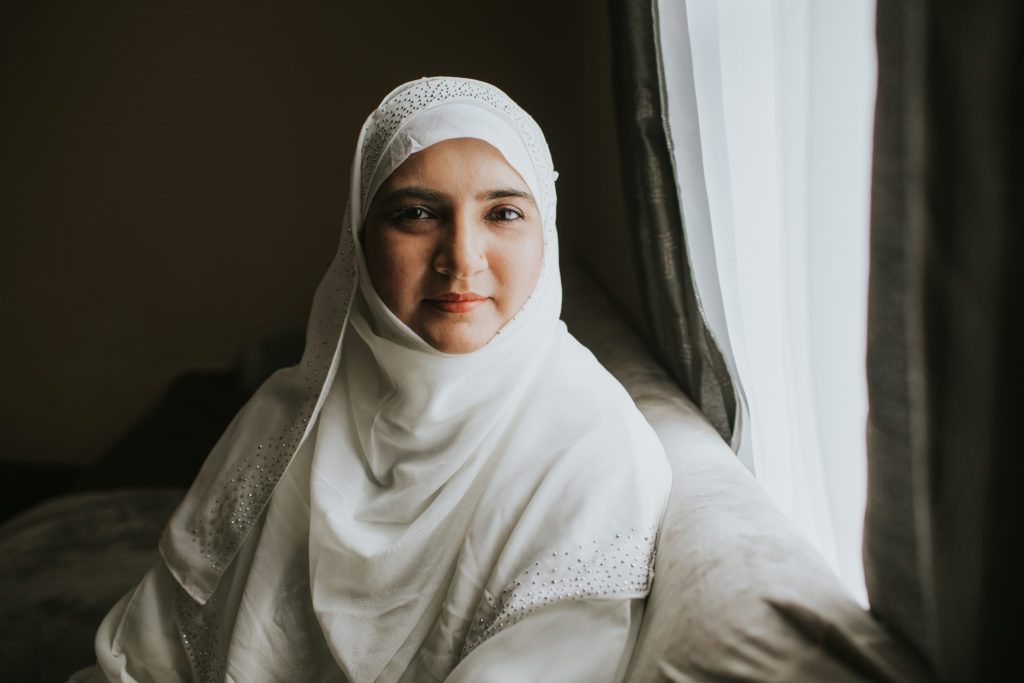
Be the first to comment